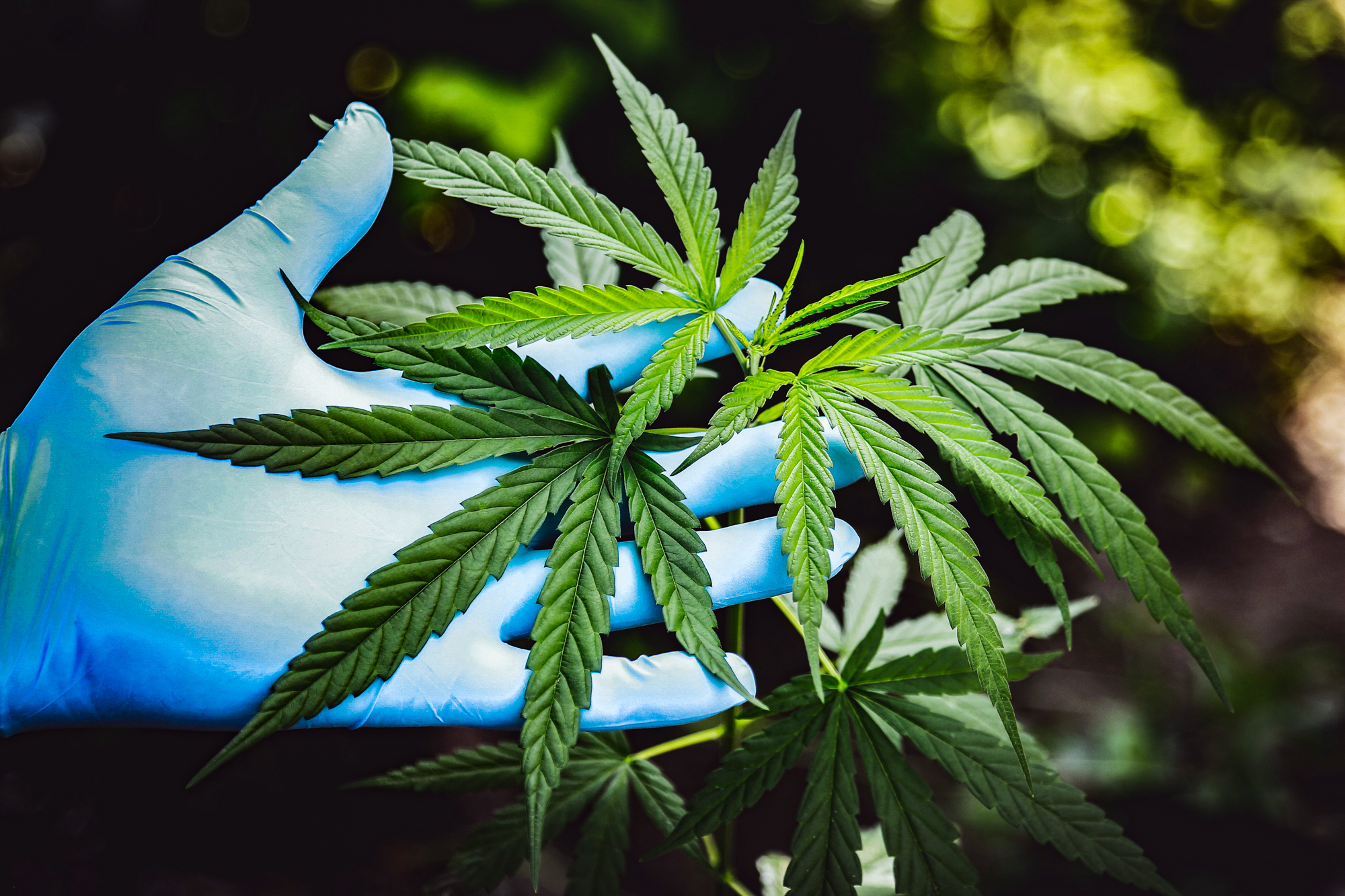ANNAPOLIS, Maryland — Maryland voters will be able to cast their ballots on a constitutional amendment that would legalize recreational marijuana in the state this November.
The Maryland General Assembly passed HB1 and HB837 — both sponsored by Del. Luke Clippinger (D-Baltimore City) — on April 1. HB1 establishes a referendum to let voters decide on the proposed constitutional amendment. HB837 is a companion bill that will take effect only if Maryland voters approve legalization in the referendum this fall.
The companion bill sets up preliminary guidelines for regulating the state’s marijuana industry and would allow Marylanders 21 and over to possess up to 1.5 ounces of marijuana starting July 2023.
Provisions of HB837 would also remove criminal penalties associated with possession of up to 2.5 ounces of marijuana and instead create a civil citation for this violation. Existing laws on possession would apply to Marylanders who are in possession of more than 2.5 ounces of marijuana. The possession of up to 10 grams of marijuana is currently a civil violation that holds a fine of up to $100 for first-time offenders in the state.
The law will also create automatic expungements of past marijuana possession convictions — a process in which the legal record of an arrest or a criminal conviction is “forgotten.” It will also allow for resentencing of those convicted of marijuana charges. Those being held in jail for marijuana possession would be released if the referendum passes.
[After a decade, bill for paid family and medical leave passes in Maryland General Assembly]
The referendum went into effect immediately after approval from the General Assembly, as the governor does not need to sign referendum questions into law. HB837 will become law if the referendum passes without Gov. Larry Hogan’s signature. The governor did not sign or veto the bill when it reached his desk — meaning the bill will take effect immediately if the referendum passes.
HB837 leaves measures of licensing and taxation for the state’s marijuana industry up to the General Assembly to decide next year.
“The Legislature is focused to get this right and we have more work to do — but this is a huge step forward on our journey to legalize cannabis in Maryland,” Clippinger said in a statement on Twitter after HB1 and HB837 received final approval on April 1.
Another bill passed in the Senate, sponsored by Sen. Brian Feldman (D-Montgomery), would have laid out regulations on the industry’s tax policy and licensing. Some senators pushed for a more clear description of what Maryland’s marijuana industry would look like before voters approve its creation.
Lawmakers amended HB837 with some of the language in Feldman’s bill to meet the deadline to override a possible veto from Hogan before the legislative session ended.
“There are folks that want to go broader. There are folks that don’t want to go this far,” Feldman said of the legislative compromise on the Senate floor on March 31. “But we’re striking a balance in conjunction with where the House is, where the Senate Finance Committee is, and we’ve come up with what I believe is a good, balanced and modest approach.”
[Maryland General Assembly passes bill expanding abortion care access]
Since there is a eight-month gap between when the state’s voters could approve marijuana legalization and when HB837’s legalization frameworks would go into effect, the bill also includes provisions that spell out a transitional period between Jan. 1 and July 1. This transitional period would include a fine for possession of marijuana of under 1.5 ounces.
As amended, the bill will allow state tax deductions for expenses that marijuana businesses are barred from claiming under the current federal tax code.
HB837 was also amended to create a community reinvestment fund — which will provide funds to organizations that serve communities that are disproportionately affected by the war on drugs. The fund was a trademark of a bill introduced by Sen. Jill Carter (D-Baltimore City) that failed in the Senate Finance Committee.
Despite its adoption of this provision, a few members of the General Assembly, including Carter , criticized the bill for not doing enough to aid the recovery of communities that have been harmed by the war on drugs.
“While I support cannabis legalization, we are once again leaving the communities most harmed by the intentional war on drugs behind,” Del. Gabriel Acevero (D-Montgomery) said on the House floor on April 1 after HB837 passed. “There’s been a lot of discussion about what this bill includes, but there’s been very little discussion about what this bill doesn’t include.”



